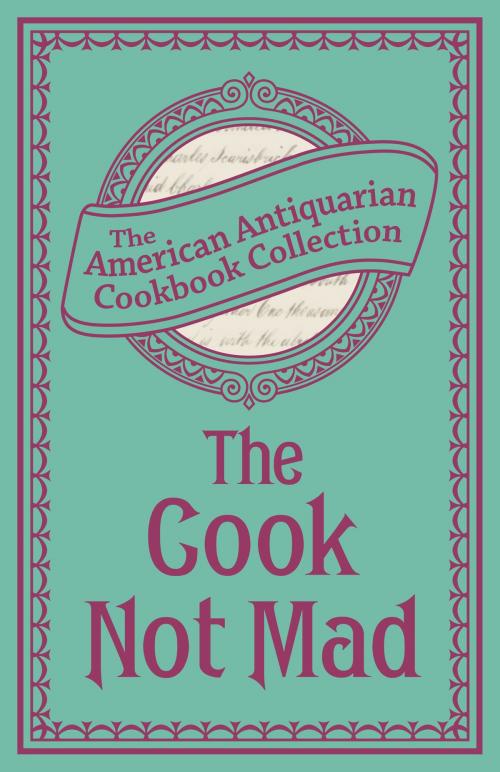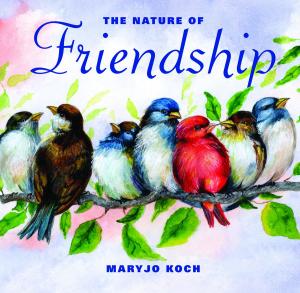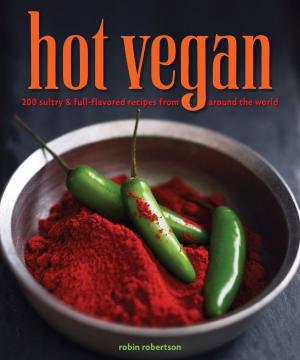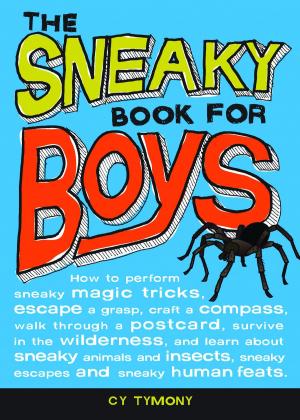Cook Not Mad: Or, Rational Cookery
Or, Rational Cookery
Nonfiction, Food & Drink, Food Writing, International, USA| Author: | The American Antiquarian Cookbook Collection | ISBN: | 9781449428174 |
| Publisher: | Andrews McMeel Publishing, LLC | Publication: | October 16, 2012 |
| Imprint: | Andrews McMeel Publishing, LLC | Language: | English |
| Author: | The American Antiquarian Cookbook Collection |
| ISBN: | 9781449428174 |
| Publisher: | Andrews McMeel Publishing, LLC |
| Publication: | October 16, 2012 |
| Imprint: | Andrews McMeel Publishing, LLC |
| Language: | English |
Within a year of its publication in the United States, The Cook Not Mad was also published in Canada and thus became Canada’s first printed cookbook. Ironically, the only difference between the editions was a single word: “Canadian” was substituted for “American” in the subtitle. In contrast to some of the larger encyclopedic cookbook collections of the day, The Cook Not Mad provides 310 recipes and household information designed to be a quick and easy reference guide to household organization for the contemporary housewife. The author describes the content as “Good Republican dishes” and includes typical American ingredients such as turkey, pumpkin, codfish, and cranberries. There are classic recipes for Tasty Indian Pudding, Federal Pancakes, Good Rye and Indian Bread (cornmeal), Johnnycake, Indian Slapjack, Washington Cake, and Jackson Jumbles. In spite of the author’s American “intentions,” the book does include foreign influences such as traditional English recipes, and it also contains one of the earliest known recipes for shish-kebab in American cookbooks (No. 298, A Moorish Method of Cooking Beef, as Described by Captain Riley, the Ship-Wrecked Mariner).
Within a year of its publication in the United States, The Cook Not Mad was also published in Canada and thus became Canada’s first printed cookbook. Ironically, the only difference between the editions was a single word: “Canadian” was substituted for “American” in the subtitle. In contrast to some of the larger encyclopedic cookbook collections of the day, The Cook Not Mad provides 310 recipes and household information designed to be a quick and easy reference guide to household organization for the contemporary housewife. The author describes the content as “Good Republican dishes” and includes typical American ingredients such as turkey, pumpkin, codfish, and cranberries. There are classic recipes for Tasty Indian Pudding, Federal Pancakes, Good Rye and Indian Bread (cornmeal), Johnnycake, Indian Slapjack, Washington Cake, and Jackson Jumbles. In spite of the author’s American “intentions,” the book does include foreign influences such as traditional English recipes, and it also contains one of the earliest known recipes for shish-kebab in American cookbooks (No. 298, A Moorish Method of Cooking Beef, as Described by Captain Riley, the Ship-Wrecked Mariner).
More books from Andrews McMeel Publishing, LLC
We use our own "cookies" and third party cookies to improve services and to see statistical information. By using this website, you agree to our Privacy Policy















